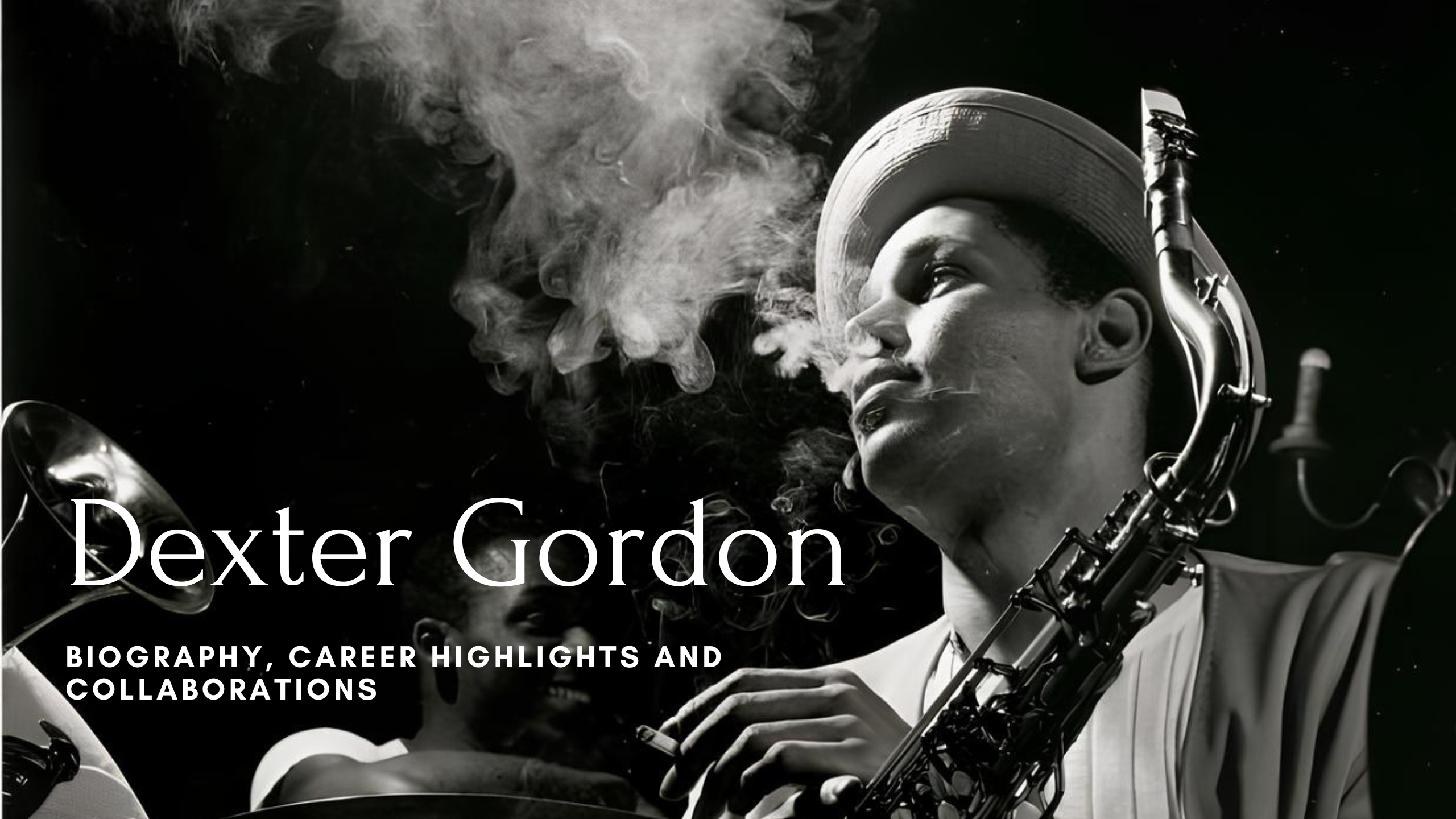
Dexter Gordon: The Tenor Saxophonist Who Shaped Bebop

Dexter Gordon, an American musician for whom jazz was a living expression of hopes and feelings, entered the history of jazz as the artist who brought the tenor saxophone into bebop. With a career of more than forty years, he presented the world many recordings, featuring his unique large and spacious sound. In this article, we will explore Dexter Gordon’s biography, career highlights, and collaborations.

Dexter Gordon’s Early Career
The future well-known tenor jazz saxophonist Dexter Gordon was born in 1923; his father was one of the first African American doctors in Los Angeles, and his mother was the daughter of one of the five African American soldiers awarded the Medal of Honor for their service in the Spanish-American War.
Dexter’s journey to music began with a clarinet, which he started to play when he was 13. Two years later he started to play an alto saxophone and at the age of 17 he switched to a tenor sax.
Dexter enriched his knowledge about music at Jefferson High School. He studied from multi-instrumentalist Lloyd Reese and Sam Browne. During his school years, he played in bands together with Chico Hamilton and Buddy Collette.
He was still studying, when he was invited to join the Lionel Hampton’s Band. He received an offer from alto saxophonist Marshall Royal. After he accepted the proposition, he left Los Angeles. Dexter played in this band from 1940 to 1943, frequently travelling and learning new things about music from fellow band members Illinois Jacquet and Joe Newman. With the Lionel Hampton Band, Gordon played for six months at the Grand Terrace in Chicago. During that time, Dexter presented his first recordings on broadcasts.

Dexter Gordon’s Collaboration with Famous Musicians
From the 1943, Dexter’s career started to gather pace. This was a period, when Dexter regularly participated in bebop jam sessions. He played with Lee Young and with Jesse Price, as well as the Fletcher Henderson Orchestra. In 1944, Dexter collaborated with Louis Armstrong’s orchestra, which was one of the most powerful moments in his career. Spending time with this great trumpeter inspired him and helped him learn about the world of music even more.

During his work with Louis Armstrong, Dexter Gordon made his first lengthy solo recordings with Nat “King” Cole for a small label, which was not affected by the musicians’ strike against major American record companies.
In 1944, Dexter joined the Billy Eckstine band, which became a major influence for many bebop musicians both of that time and future generations. He participated in the recordings such as: "If That's The Way You Feel", "I Want to Talk About You", "Blowin' the Blues Away" and more.

This step in his career helped him to spend time alongside many notable musicians such as Dizzy Gillespie, Fats Navarro, Leo Parker, John Malachi, Sonny Stitt, and other musicians who introduced the new music to the audience. Dexter was featured on Dizzy’s Blue 'n' Boogie, Groovin' High and Charles Thompson’s works Takin' Off, If I Had You, 20th Century Blues, The Street Beat.

Since 1945, Dexter Gordon recorded for Savoy Records. His early works at that label showcased his development as a musician in terms of style and sound. His music had a clear influence from Sonny Rollins, John Coltrane and other tenor sax players he was inspired by. The most famous recordings for Savoy include Blow Mr. Dexter, Dexter's Deck, Dexter's Minor Mad, Long Tall Dexter, Dexter Rides Again, I Can't Escape from You, and Dexter Digs In.
In 1947, Dexter recorded “The Chase” with tenor saxophonist Wardell Gray. Their collaboration entered the history as the so-called tenor “duels” that grabbed much attention from listeners. The recording became a bestseller for Dial Records that cemented Dexter as a successful recording saxophone player.

In the late 40s, Dexter played on the well-known 52nd Street in New York City together with the following jazz greats such as Charlie Parker, Max Roach, Fats Navarro, Miles Davis, and other bebop innovators.

During the 1950s, his active musical life developed not so dynamically due to his addiction to heroin and dealing with some legal issues.
Since 1960 and during the following five years, Dexter collaborated with Blue Note Records. All his sessions recorded there are considered classics. The collaboration with this label provided him with an opportunity to work with Freddie Hubbard, Bud Powell, Bobby Hutcherson, Barry Harris, Kenny Drew, Horace Parlan, and other musicians whose music entered the history of jazz as classics. During the 1960s, Dexter also explored modal playing and hard bop under the influence of John Coltrane and Sonny Rollins, whom he in return influenced as a musician too.
The 1960s were also the time when Dexter frequently traveled and recorded for European labels. He lived in Copenhagen until he came back to the U.S. in 1976.
After his return to the USA, Gordon recorded an album “Biting the Apple”, which was nominated for Grand Prix de Disques at the Montreux Jazz Festival in 1977. His gig at Village Vanguard in New York, known as his “homecoming”, was recorded and released by Columbia Records.
Dexter Gordon as an Actor
In 1986, Dexter revealed his potential as an actor. He was starred in the picture Round Midnight, directed by Bertrand Tavernier. For his acting, he was rewarded with an Academy Award as the best leading actor in 1986 for his role of Dale Turner, a character inspired by Lester Young and Bud Powell.

Dexter Gordon’s Recognition
Gordon was the Downbeat Musician of the Year in 1978 and 1980. He was also inducted into the Jazz Hall of Fame in 1980. Dexter received a Congressional Commendation from the US Government. The musician was also honored with a Dexter Gordon Day in Washington, DC, and a National Endowment for the Arts award for Lifetime Achievement. He was not only a talented musician but an influential cultural figure who helped to define and elevate jazz music.
Dexter Gordon died in 1990 at the age of 67, in Philadelphia, Pennsylvania.

Conclusion
Dexter Gordon became one of the first tenor saxophonists working in the bebop genre. Inspired by the greats of previous time and working with the most prominent jazz musicians of his time, he managed to enrich jazz music with his own individual approach and contributed to many famous records now considered classics.

If you play a tenor saxophone, on our website you can buy the following useful accessories for your instrument: leather gig bags, saxophone neck straps, neck pouches, and mouthpiece pouches, available in various colors. For your request, we can complement each of them with personalization – free embossing featuring characters or symbols.



 https://mgleatherwork.com/pages/about-us
https://mgleatherwork.com/pages/about-us
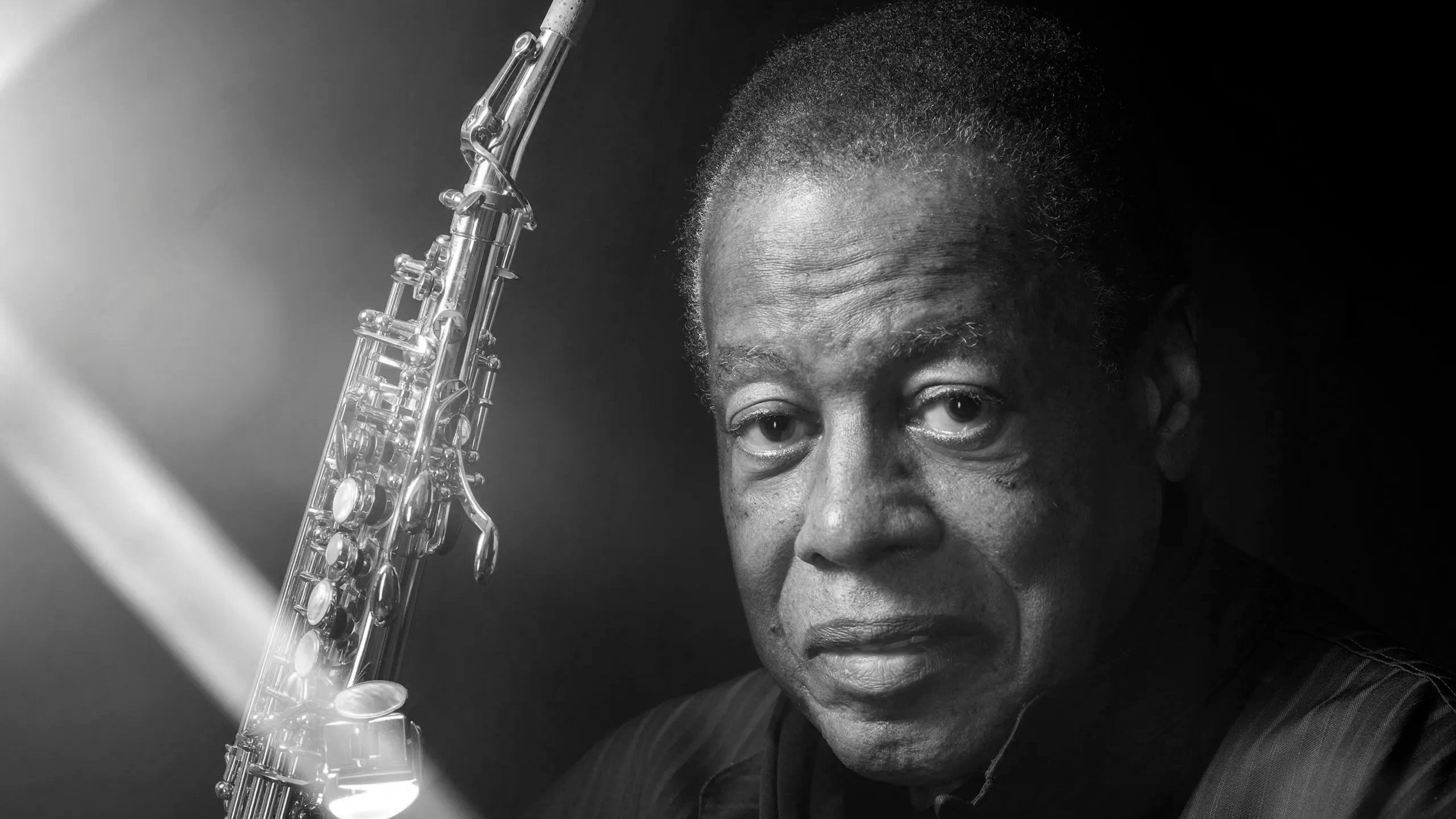
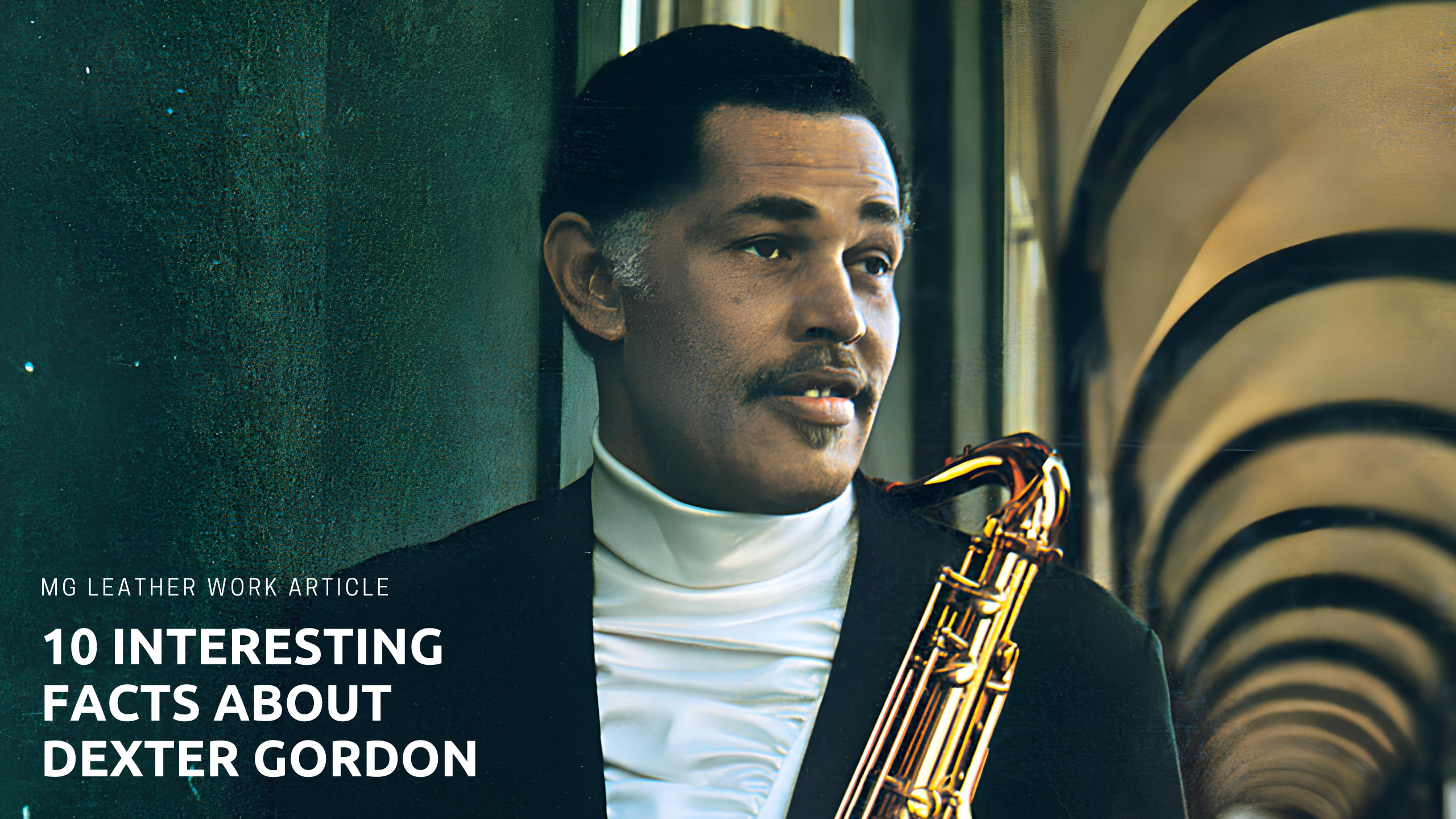
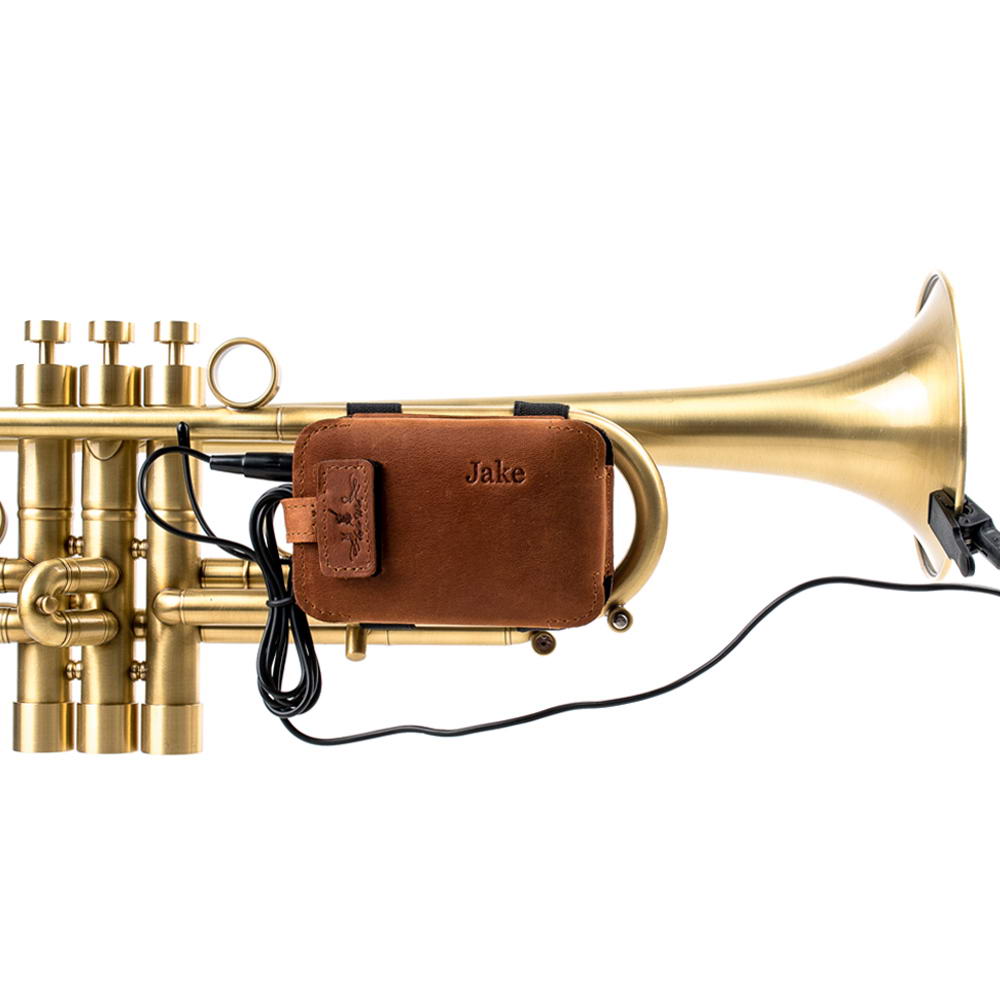
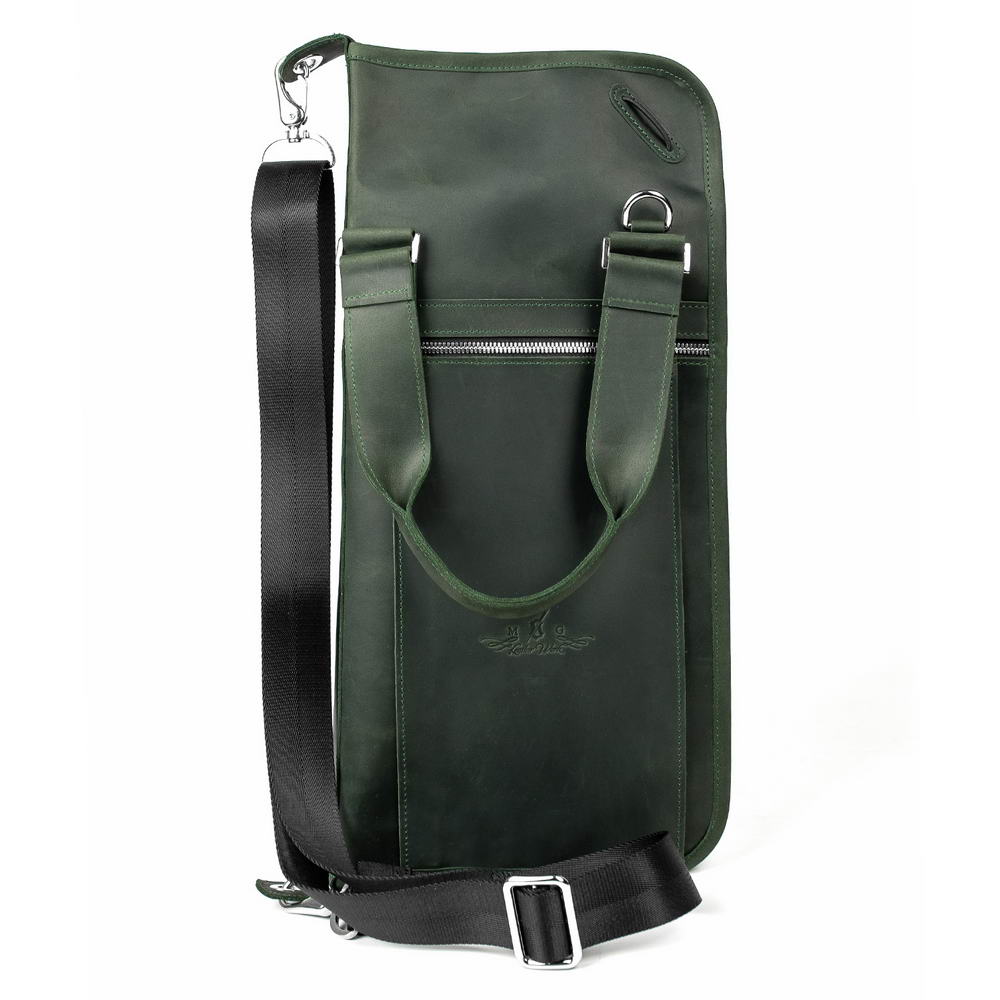
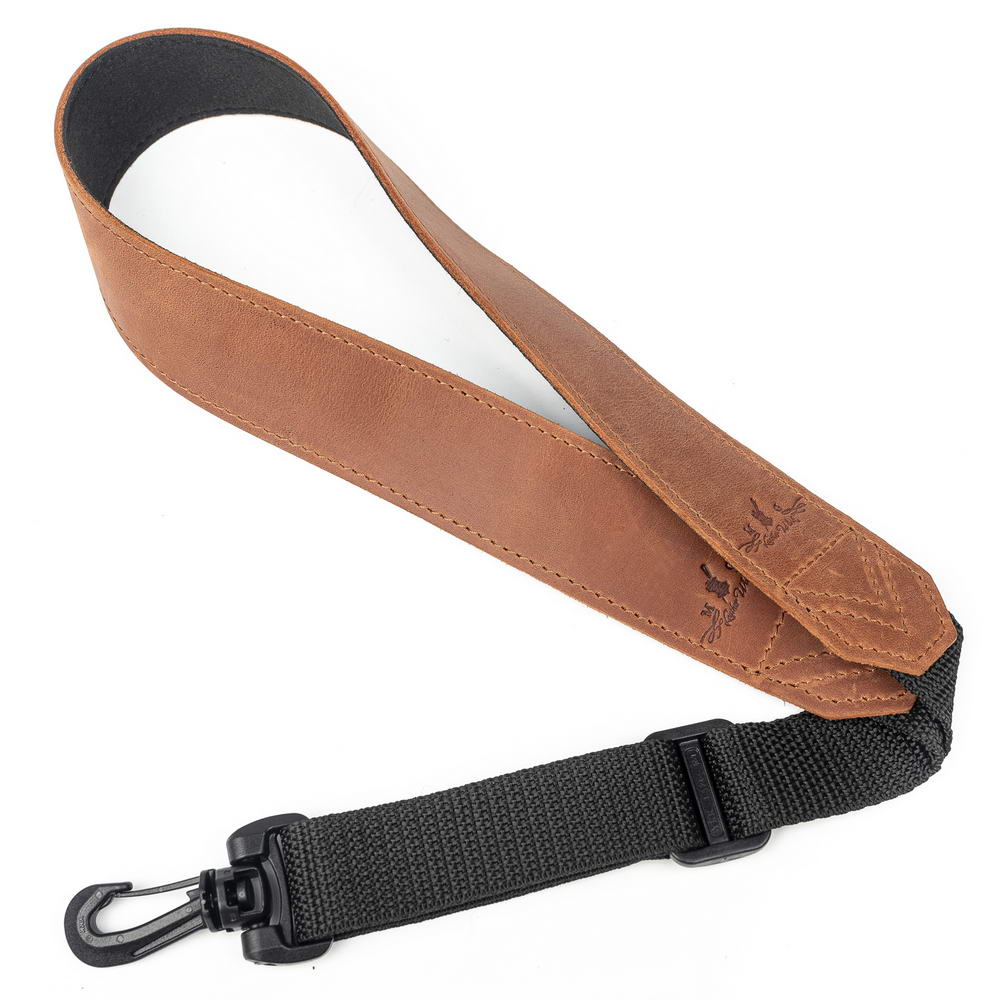
Leave a comment
This site is protected by hCaptcha and the hCaptcha Privacy Policy and Terms of Service apply.